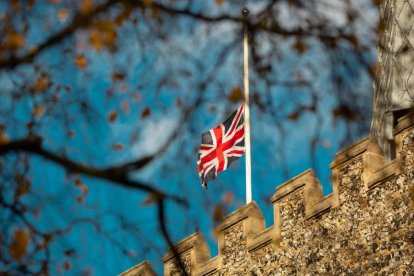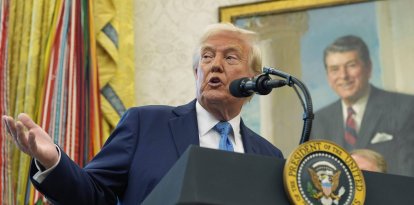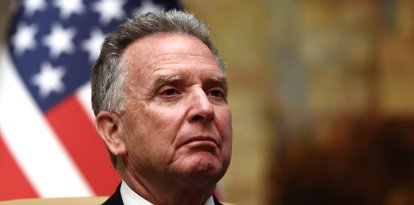The UK government will be able to take action against platforms that do not censor according to its mandates
"The UK government will be able to silence users' speech and even jail those who post messages it doesn't like," warned Joe Mullin political analyst at 'EFF.’

Canva.
In the United Kingdom, the Online Safety Bill has been going through Parliament for almost a year. The rule establishes "duty of care" responsibilities for technology platforms to respond to what the government considers as "online harms."
The standard will be monitored by the United Kingdom Office of Communications (OFCOM), the UK's government media regulator, which, in the event of non-compliance by the platforms, would be in charge of imposing fines of $22 million (18 million pounds) or 10% of the company's global revenues, whichever is greater.
"The government will be able to silence users"
"The cure is far worse than the disease," stated Matthew Feeney, director of Technology and Innovation for the Cyprus Public Service. The controversial bill has been amended by a group of legislators, also adding prison sentences for technology managers who violate the regulations.
The law would force social networks to act as content "censors.” Joe Mullin, policy analyst at the Electronic Frontier Foundation (EFF) warned:
“Harmful" content and the communications law
The Communications Act of 2003 already gives the courts the power to sanction residents of the country who have committed "seriously offensive" infractions online. In addition, it would allow a government official to determine what content is considered harmful. It will be up to the Secretary of State for Digital, Culture, Media and Sport to specify non-compliances committed by the platforms and order them to remove or avoid the content that it considers does not meet the established criteria. It intends to:
- Prevent the spread of illegal content and activities, such as child abuse images, terrorist material and hate crimes.
- Protect children from harmful content.
- Protect everyone from "legal but harmful" content.
Paul Bernal, a professor at the University of East Anglia's School of Law, said in March:
What do the technology platforms have to say?
Meta Platforms Inc., the parent company of Facebook, Instagram and WhatsApp, said the legislation "threatens to constantly monitor and censor people's private messages" if it is not changed.
In July 2022, before Twitter was acquired by Elon Musk, the company stated it was concerned about the project's issues around freedom of speech. Google claimed that the bill appears to incentivize "general automated surveillance, and excessive content removal."
A spokesperson for the UK Department of Digital, Culture, Media and Sport stated:
Silicon Valley giants, media outlets, insurers, the LEGO Group, e-cigarette maker Juul Labs, dating app Bumble, journalists, religious figures, among others, have also spoke out against the law's passage.
"The bill will make it government policy to tell technology platforms what people can talk about (...) "We've already seen many examples of social media platforms broadly censoring content on various controversial topics, often to please government regulators,” stated Scott Shackford, a journalist for Reason.
RECOMMENDATION





















